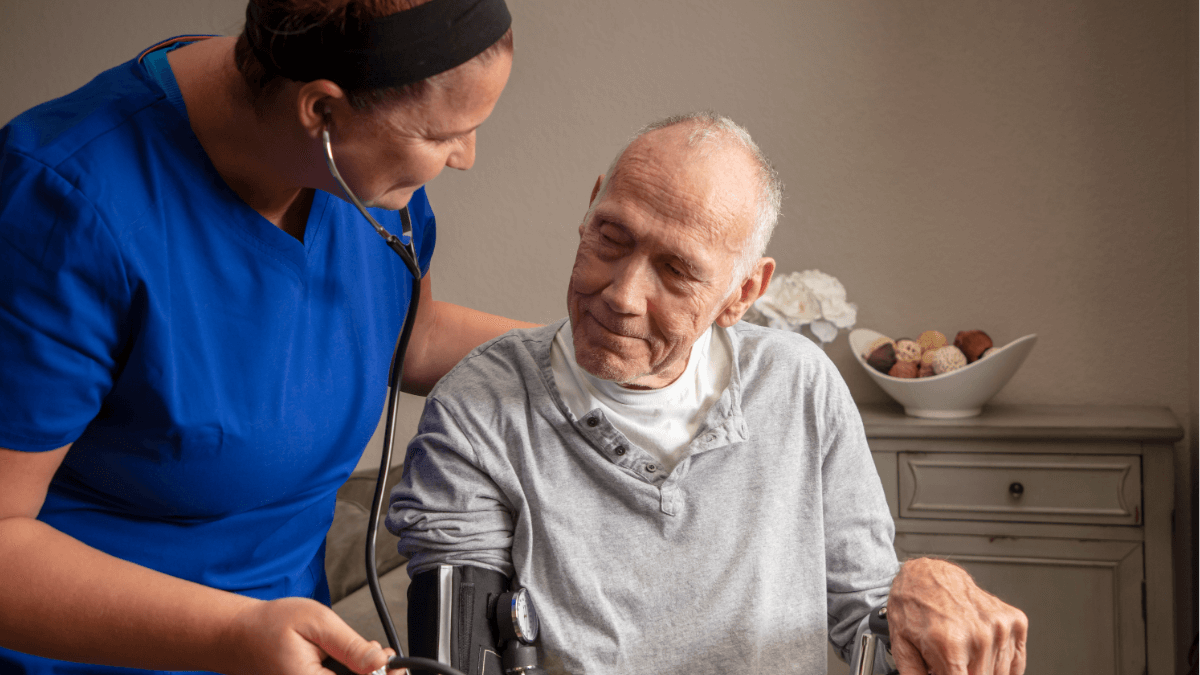Unlocking NHS Benefits in the UK: What You Need to Know

Trying to figure out healthcare anywhere can feel like navigating a maze.
And here in the UK, while we’re lucky to have the National Health Service, understanding exactly what you’re entitled to and how to get it can sometimes feel a bit… well, like you’re deciphering a whole new language.
But don’t worry, you’re not alone!
Think of this as your friendly guide, breaking down how to actually access the NHS benefits that are there to support you. We’ll walk through it together, step by step.
What Exactly Are These “NHS Benefits” Anyway?
Speaking of “NHS benefits,” it is simple to picture visiting a physician when one is unwell.
However, it is so much more than that! The NHS offers a comprehensive safety net, which includes assistance with maintaining one’s health, mental health, dental and vision care, and pregnancy assistance.
It can also mean a bit of financial support when health costs start to add up.
So, it’s a pretty broad range of things designed to look after all of us.
First Things First: Getting Yourself a GP
Think of a GP, or General Practitioner, as your go-to person for most health stuff.
Getting registered with one is usually the first hurdle to jump when you want to access most NHS benefits. Here’s the lowdown on how to get it done:
- Finding Your Local Doctor: The easiest way is usually the NHS website (it’s pretty user-friendly, honestly – just search for “find a GP”). You can also ask around – friends, family, or even your neighbors might have recommendations.
- Checking You’re in the Right Area: GPs usually have a patch they cover, so just double-check that your address falls within their boundaries.
- Reaching Out to the Practice: Once you’ve found one, give them a call or pop in (if they allow walk-ins for registration). They’ll let you know their process. Some even let you register online these days!
- Filling Out the Forms: Get ready to do a little paperwork. They’ll need some details about you, plus some ID like your passport or driving license, and proof of your address (a utility bill or bank statement usually does the trick).
- The “Hello” Check (Optional): Some GPs offer a quick health check for new patients. It’s a nice way to introduce yourself and chat about any health bits and bobs.
Also Read: Applying for Healthcare Access And Benefits in the UK
Diving into What’s Available: A Peek at NHS Support
Okay, so you’re registered. Now what? Let’s take a look at some of the key ways the NHS benefits you:
Your Friendly Neighborhood GP
Your GP is your first port of call for a whole bunch of things:
- Figuring out what’s going on when you’re feeling under the weather and getting treatment.
- Getting prescriptions for any medications you need.
- If needed, they can send you to see a specialist for more in-depth help.
- They also focus on keeping you well with things like vaccinations and health check-ups.
- If you’re dealing with a long-term condition, they’ll help you manage it.
- And importantly, they can be a starting point for mental health support and point you in the right direction.
When You Need a Specialist: Secondary Care
Sometimes, your GP might think you need to see someone with more specialized knowledge.
That’s where secondary care comes in, usually in hospitals and clinics. This includes:
- Seeing experts for specific issues (think hearts, skin, nerves, etc.).
- Getting operations done.
- Heading to A&E for emergencies.
- Staying in the hospital when you need more intensive care.
Looking After Your Mind: Mental Health Services
It’s just as important to look after your mental health as your physical health, and the NHS offers a range of support.
You can often access this through your GP or directly through services like IAPT (which is all about talking therapies). This includes:
- Chatting things through with a therapist (like CBT or counselling).
- Support for more serious mental health conditions.
- Help when things feel like they’re reaching a crisis point.
Keeping Your Smile Healthy: Dental Care
The NHS also covers essential dental care, although you might have to pay something towards the cost of certain treatments.
You can find an NHS dentist near you on the NHS website. They offer things like:
- Regular check-ups to keep your teeth in good shape.
- Fillings, crowns, and bridges to fix any issues.
- Root canal treatment when needed.
- And even tooth extractions.
Seeing Clearly: Optical Care
If you need your eyes checked, the NHS offers free sight tests for certain people, like kids, those on lower incomes, and people with specific health conditions.
They can also help with the cost of glasses or contact lenses if you’re eligible.
Support for New Families: Maternity Services
If you’re pregnant or have just had a baby, the NHS is there to support you every step of the way. This includes:
- Regular check-ups and advice throughout your pregnancy.
- Support and care during labour and birth.
- Looking after you and your baby after the birth.
A Little Help with the Costs: Financial Support
Sometimes, healthcare can come with extra costs. The NHS offers some financial help for those who are eligible:
- Free Prescriptions: Some people don’t have to pay for their prescriptions, like young children, older folks, pregnant women, and those with certain medical conditions. You just need to get a certificate to prove it.
- Help for Low Incomes: If you’re on a low income, you might be able to get help with things like prescription costs, dental treatment, eye tests, and even travel to appointments. You’ll need to fill out an HC1 form to apply.
- Getting Your Travel Money Back: If you meet certain criteria, you might be able to claim back the cost of travelling to and from your NHS appointments.
Getting the Ball Rolling: Referrals and Appointments
Knowing how referrals and appointments work can make accessing NHS benefits much smoother:
- When a GP Sends You On: For specialist appointments, your GP will usually need to refer you. Have a chat with them about what’s going on, and if they think you need to see a specialist, they’ll sort out the referral.
- The Waiting Game: Sometimes, you might have to wait a little while for a specialist appointment. It depends on the type of specialist and how busy they are. The NHS does try to keep these waits as short as possible.
- Your Choice (Sometimes!): For some treatments, you might get to choose which hospital you go to. Your GP or the referral service can give you more info on this.
- Booking Your Slot: Once you’ve been referred, the hospital or clinic will usually get in touch to book your appointment.
- Cancelling or Moving Appointments: If you can’t make an appointment, please let them know as soon as you can. This enables them to allocate that time slot to another individual and prevents any potential complications.
Your Rights and the Expectations of You
Using NHS benefits comes with a few things to keep in mind on both sides:
Your Rights:
- You should be treated fairly and have access to NHS services no matter who you are.
- You shouldn’t have to wait ages for treatment.
- You have a say in the decisions about your care.
- You can see your health records if you want to.
- If you’re not happy with something, you have the right to complain.
Your Responsibilities:
- Be polite and respectful to the NHS staff who are there to help.
- If you can’t make an appointment, let them know in advance.
- Be honest about your health when they ask questions.
- Try to follow the advice and treatment plans you agree on with your healthcare team.
Also Read: Top 10 Health Benefits for Low-Income Households
Staying in the Know and Getting Extra Support
Things in the NHS can change, so it’s a good idea to stay informed about the NHS benefits available and how to access them. Here are some helpful places to look:
- The Official NHS Website (www.nhs.uk): This is your go-to for pretty much everything NHS-related – services, conditions, treatments, and how to get help.
- Your Local NHS (CCGs or ICBs): These are the folks who plan and organize health services in your area. They can give you info on what’s available locally.
- PALS (Patient Advice and Liaison Service): If you have any questions or concerns about NHS services, PALS can offer confidential advice and support.
- Citizens Advice: This is a great independent organization that can give you free advice on all sorts of things, including healthcare.
Wrapping Up: Feeling More Confident About Your NHS Support
Hopefully, this has made things a little easier when it comes to understanding NHS benefits in the UK.
From getting yourself set up with a GP to knowing what care and financial help you can get it should feel a bit clearer now.
With these steps and resources, you will be more confident navigating the NHS and making sure you get the support you need for your health.
Remember there’s help available so don’t hesitate to reach out if you need it!







